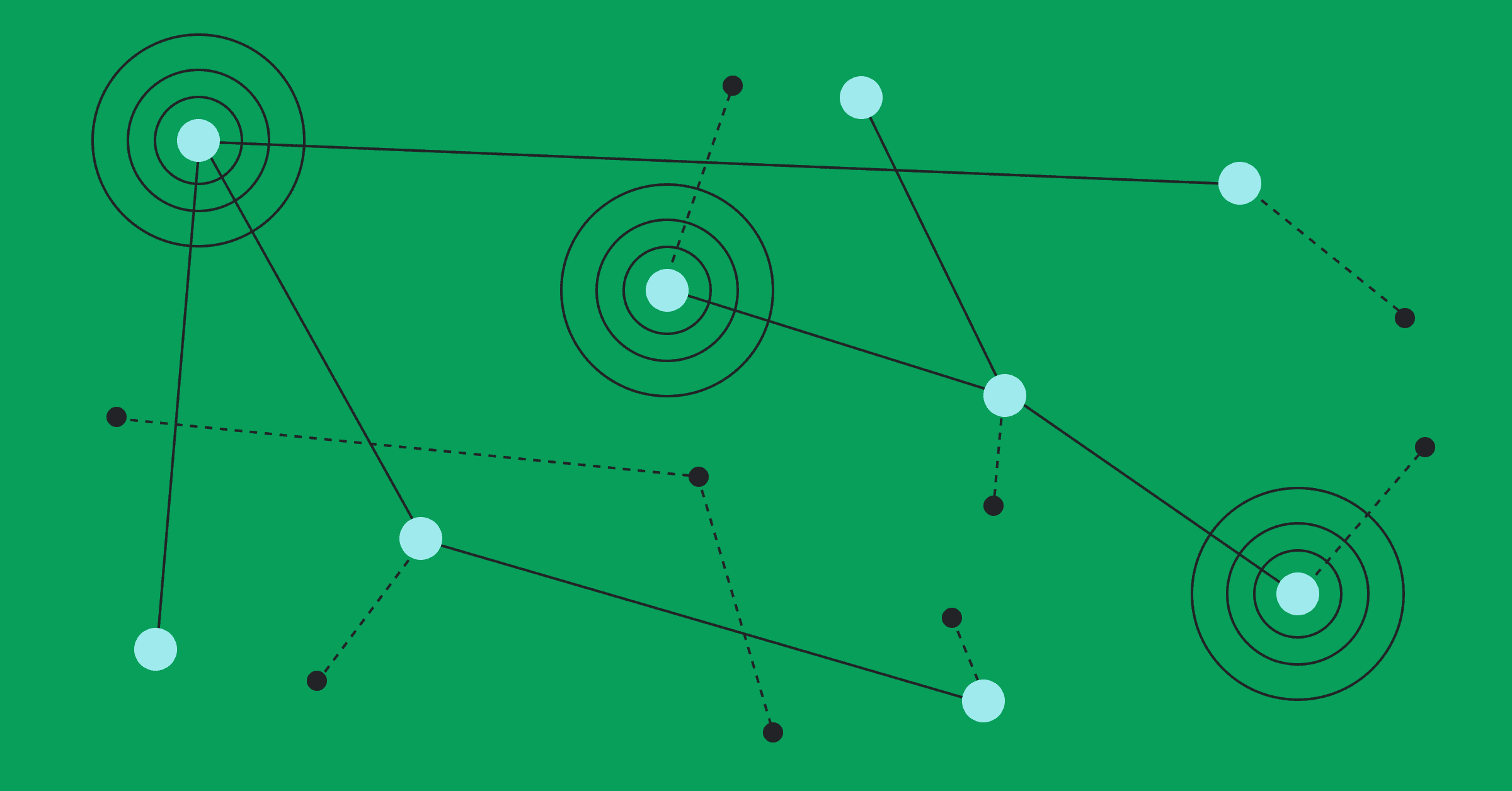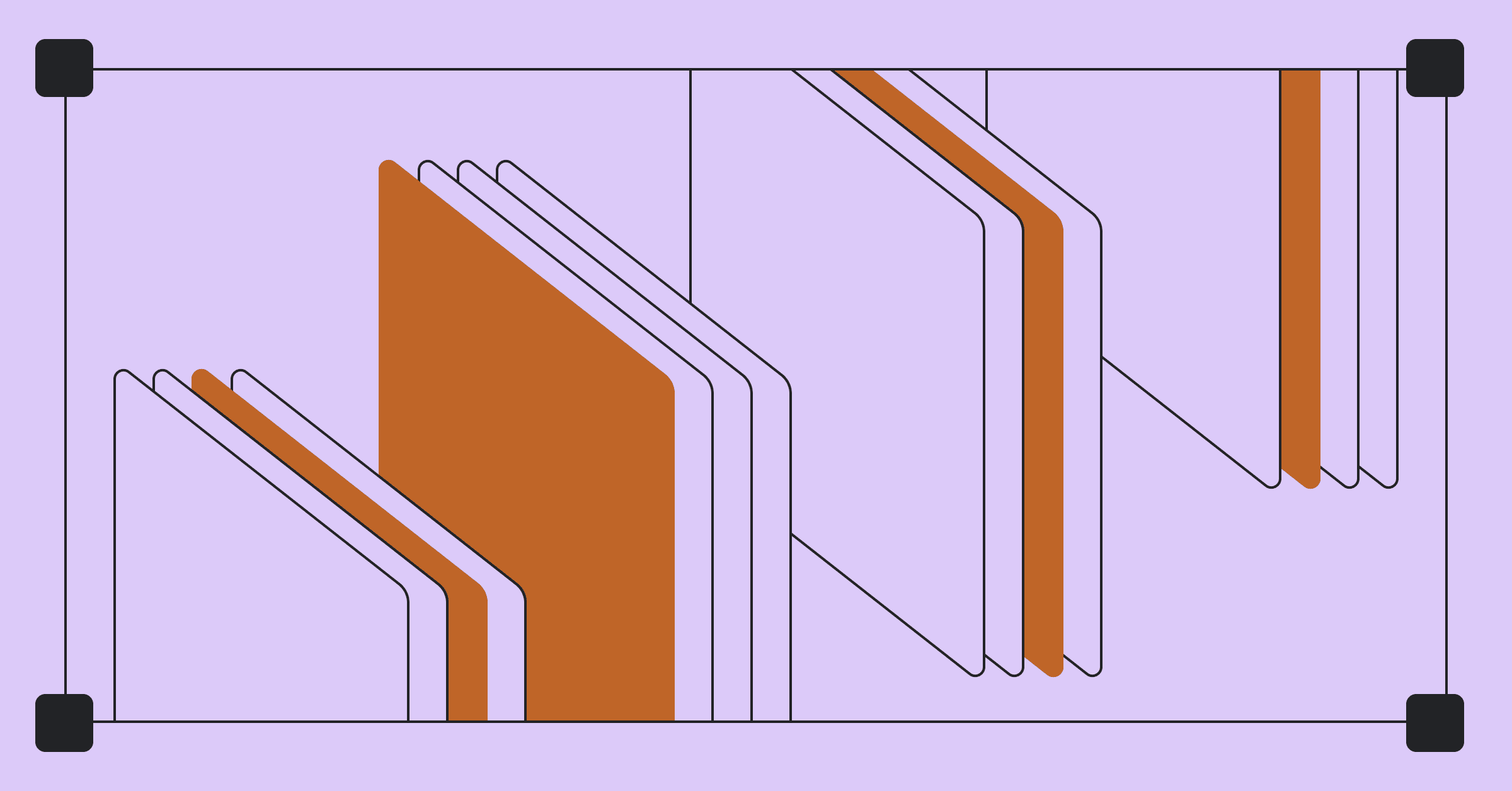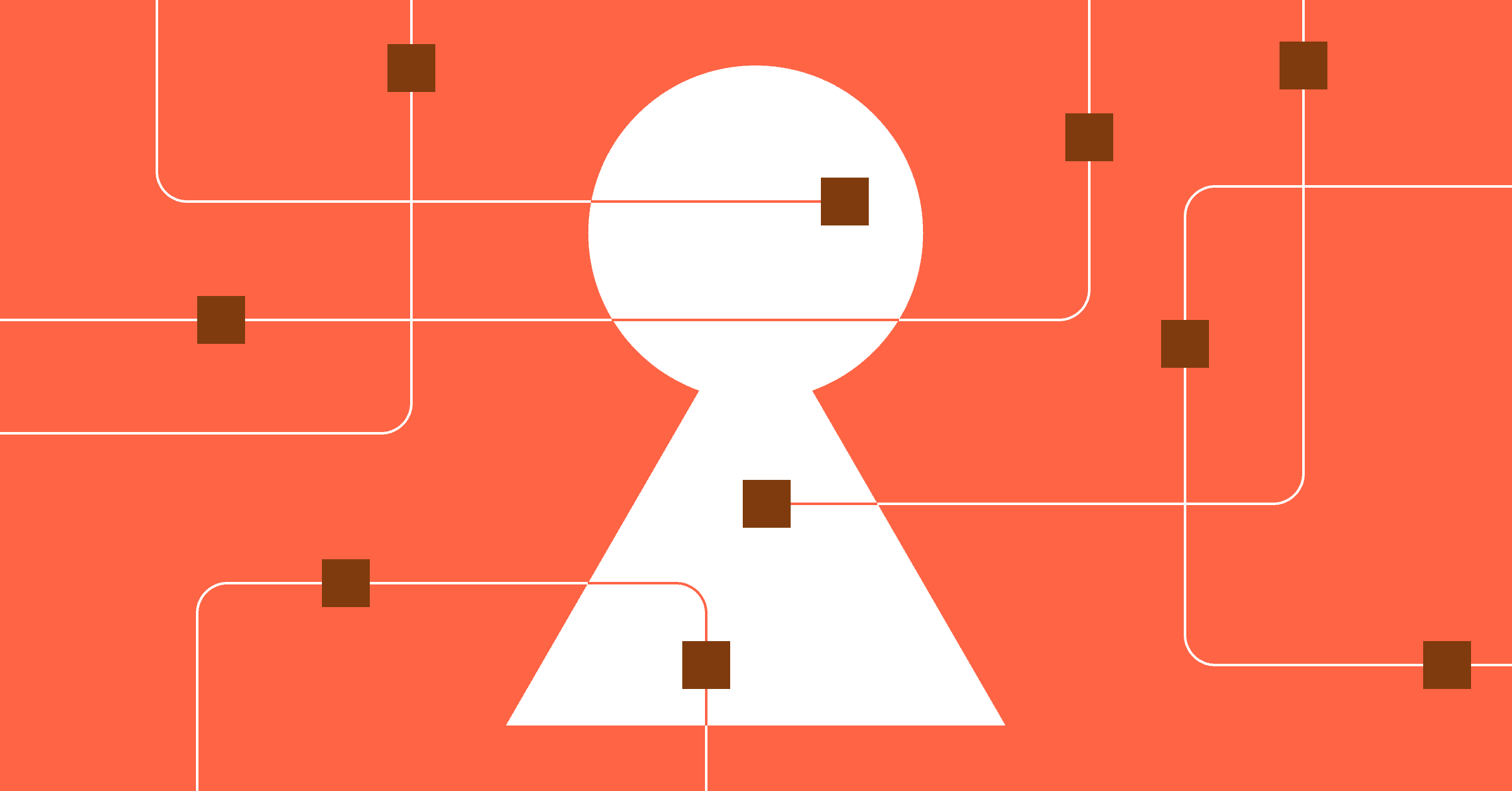The rise of AI in software development comes with a surprising secret: it's not just making us faster; it's making us better. While many predicted AI would lead to sloppier work, the opposite is proving true. AI tools are subtly "tricking" engineering teams into adopting the fundamental best practices - like smaller pull requests, test-driven development, and clearer specifications - that have long been the gold standard of the craft.
As the VP of Developer Relations at GitHub, Martin Woodward is at the forefront of this transformation. He sees the evolution from simple auto-complete to sophisticated autonomous agents not just as a technological leap, but as a powerful catalyst for improving engineering culture.
This article explores Woodward's insights on how the new generation of AI agents work, the unexpected ways they are improving development loops, and why a strong DevOps culture is the essential foundation for harnessing this revolution.
The evolution of AI development tools
GitHub Copilot's journey reflects the rapid maturation of AI in software development. What began as an auto-complete function operating in microseconds has evolved into chat interfaces working in seconds and now to autonomous agents that can tackle complex tasks in minutes.
This progression allows developers to "iterate more quickly, which then allows us to put that flow of value to the end user more quickly," Woodward notes. Each step has extended what AI can accomplish while respecting the iterative cycles that are fundamental to good software engineering.
Autonomous copilot agents: changing how we work
The new GitHub Coding Agent represents a significant leap, able to tackle issues independently by analyzing codebases and proposing solutions. Rather than forcing developers to sit and watch the AI code, it works in the background. A developer can now say, "'Hey, Copilot, create me a pull request that does this,' or 'Here's an issue... Copilot, why don't you make a start on it first for me?'"
This approach is powerful because the agent operates within existing workflows and respects established guardrails and tests, making it safer for teams with good practices. The process remains iterative, with the developer always in the loop to review and guide the agent's work. AI also serves as a powerful reviewer. As Woodward puts it, it can describe what the code actually does "ridiculously well," often better than a human can explain their own intent.
A surprising side effect: smaller, better pull requests
One of the most counterintuitive findings is that AI assistance is leading to smaller, more focused pull requests. The need to review AI-generated code encourages developers to work in smaller increments—a best practice many teams have long struggled to adopt.
This shift feels "accidental, but also cool," Woodward observes, as it organically encourages the very habits that lead to higher-quality, more maintainable codebases.
The secret sauce: custom instructions
To truly unlock the power of these tools, teams must go beyond default settings. According to Woodward, "Custom instructions are... the secret sauce that not enough people know about yet."
These instructions—which can specify personal coding styles, team standards, or technical requirements—guide the AI to generate code that aligns with where a team wants their codebase to go, rather than just mimicking what already exists. The teams that get the most out of Copilot are the ones that master this feature.
DevOps culture: the foundation for AI success
Teams with established DevOps practices are proving far more successful in adopting AI. They already have the guardrails, testing practices, and rapid feedback loops that make working with probabilistic AI tools both safe and effective.
This foundation allows AI to act as an accelerant for good habits. Because AI works better with clear instructions, teams are naturally motivated to improve their documentation and write clearer specifications. The impact is measurable: Woodward notes that for security vulnerabilities, the time to merge a fix has gone from "weeks to hours."
The AI catalyst for engineering excellence
The evolution of AI in software development is proving to be less about replacing human engineers and more about augmenting their craft. As Martin Woodward's insights reveal, the rise of autonomous agents is not a shortcut around good practices, but a powerful catalyst that accelerates their adoption.
By encouraging smaller pull requests, demanding clearer specifications, and rewarding strong DevOps cultures, AI is "tricking" us into becoming the engineers we've always aspired to be. The most successful teams will be those that embrace a "learn-it-all" culture, continuously adapting as these tools evolve.
For leaders, the path forward is clear: invest in the cultural and technical foundations that allow AI to thrive. By doing so, you can harness this revolution not just to ship code faster, but to build a more disciplined, collaborative, and excellent engineering organization.
To dive deeper into the future of AI-accelerated development, listen to Martin Woodward discuss these ideas in depth on the Dev Interrupted podcast.:




